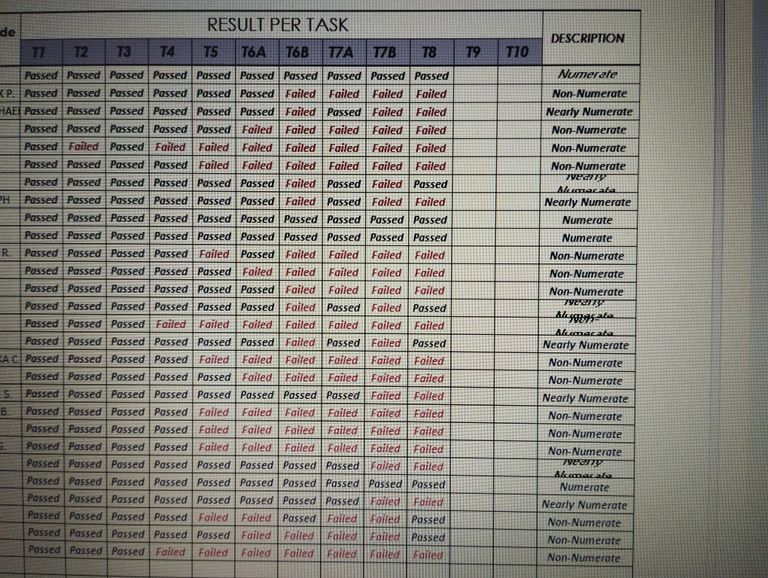
What is EGMA?
EGMA or Early Grade Mathematics Assessment is an individually administered oral test that aims to measure the primary numeracy and mathematics skills of children in the early grades. It was adapted by the DepEd following international standards and guidelines.
The Primary skills assessed in the EGMA are the following Sub-task:
- Oral counting - assessed the ability to rote count)
- Rational Counting - assessed the ability to count with one-to-one correspondence
- Number identification - to identify written number symbols
- Number discrimination - to identity which number is greater in a given pair
- Missing Number - ability to discern and complete number patterns
- Addition Level 1 - to apply basic addition facts with some level of automaticity and fluency
- Addition Level 2 - apply procedural addition knowledge to solve addition problems at increasing level of difficulty
- Subtraction Level 1 - apply basic subtraction facts with some level of automaticity and fluency
- Subtraction Level 2 - use and apply procedural addition knowledge to solve subtraction problems at increasing levels of difficulty
- Word Problems - use operations of addition and subtraction to solve given problem
- Geometric Pattern Completion - to discern and complete geometric patterns
- Geometric Visaulization - to visualize and discern shapes
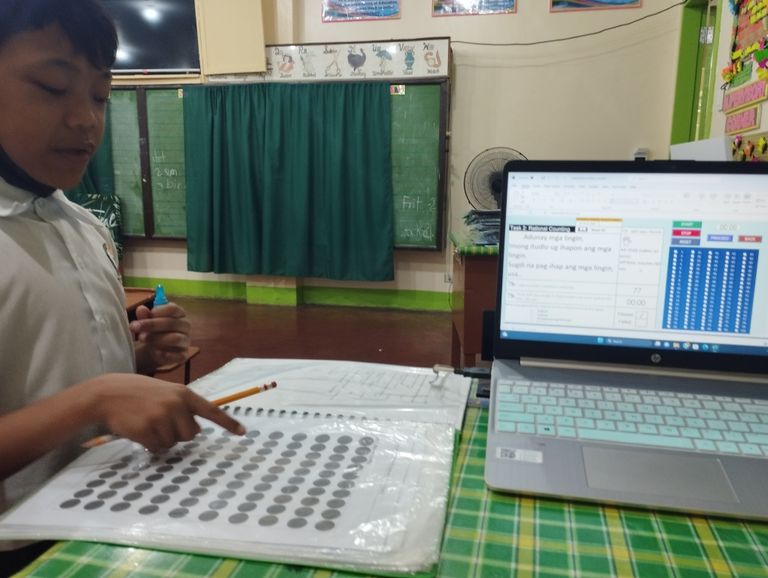
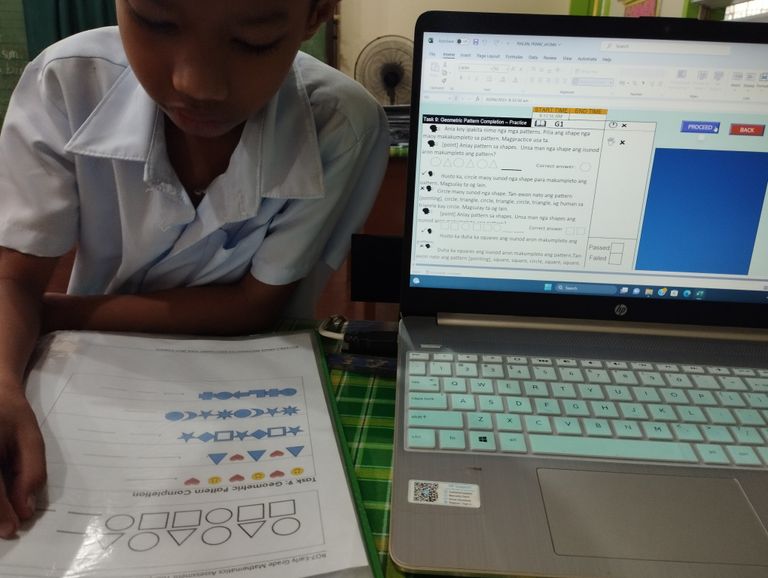
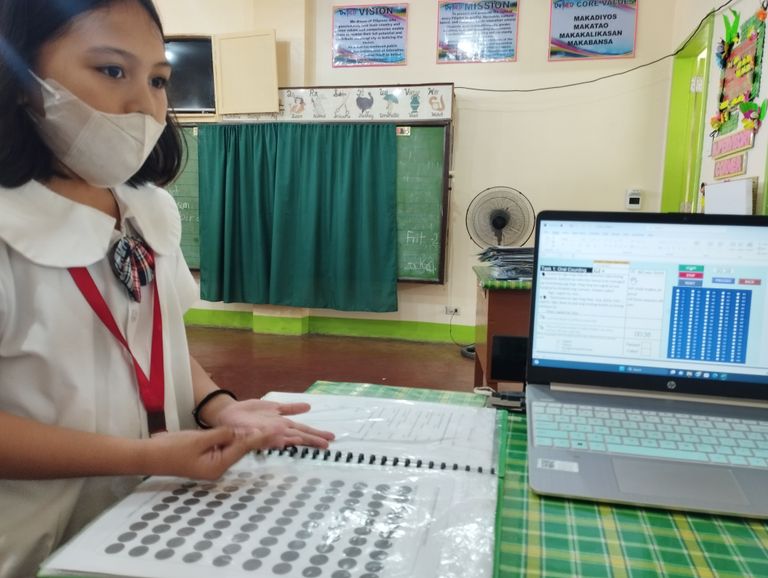
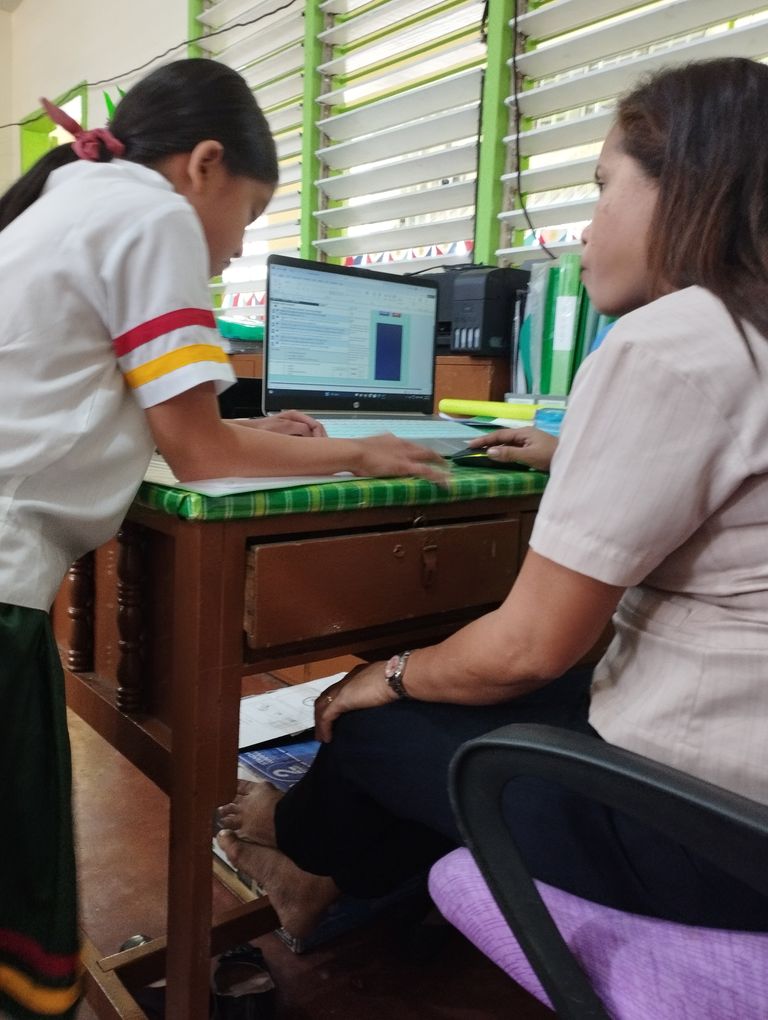
Each subtest are referred to as task. Each task has a corresponding time limit. Each short test assesses a unique aspect of numeracy. Pupils who will passed subtest 1 to 8 will be considered as numerates. Those who passed task 1 to 6 will be considered as nearly numerates and those who only passed task 1 to 5 are non-numerates. In my class case, only few are numerates. They will not be able to passed other task because of the limited time given for each task.
